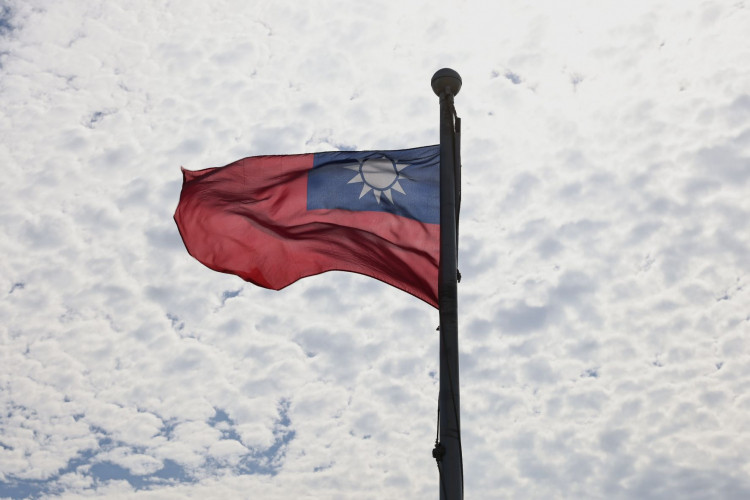Experts warned Tuesday that China will not tolerate continued landings of U.S. military aircraft on the island of Taiwan even if they were being used for civilian purposes. The U.S. recently landed a civilian variant of a C-130 military transport aircraft on Taiwan.
Experts said the landing is a clear provocation by the U.S. and it sends the wrong signals to China. Experts said the Chinese government will likely not allow the landings to become routine.
The U.S. L-100-30 aircraft - a type of civilian-use version of the C-130 - was chartered by the American Institute in Taiwan. The aircraft landed at the Taiwan Taoyuan International Airport at around noon Monday.
Sources said several large items were being loaded and unloaded from the aircraft before it took off after just an hour on the ground. Some local reports said the aircraft may have been affiliated with a contractor of the U.S. Central Intelligence Agency.
Fu Qianshao, a military aviation expert based in China, said that landing a C-130 in Taiwan will undoubtedly cause some national security concerns. He said that even if the aircraft was used for civilian purposes, the C-130 is still designed for military applications. Fu said the incident may be construed as a "huge provocation."
Government officials had previously accused the U.S. of sending military aircraft in civilian disguise near its borders on reconnaissance operations. Sources said some of these aircraft were deployed by defense contractors and were spotted with faked civilian identification codes.
Analysts said the landing, the third such incident this month, could force the Chinese military to expand its air defense identification efforts and send warplanes after any suspicious aircraft flying near its borders.
Sources said the Chinese People's Liberation Army had held an amphibious landing exercise in the waters off Fujian Province a day after a U.S. C-146A aircraft landed in Taiwan. It isn't clear if the exercise was conducted in response to the recent landings.
Chinese Ministry of National Defense representative, Wu Qian, previously warned the U.S. to "stop playing with fire," in reference to its recent military actions. He said that continued incursions by the U.S. to its airspace and territorial waters will result in "serious consequences."





